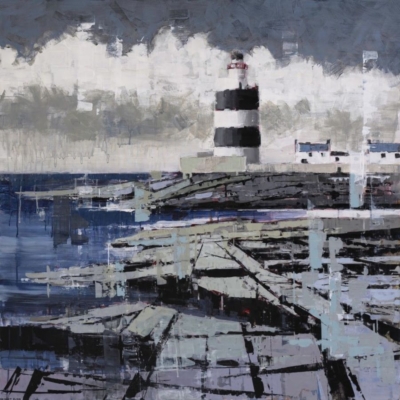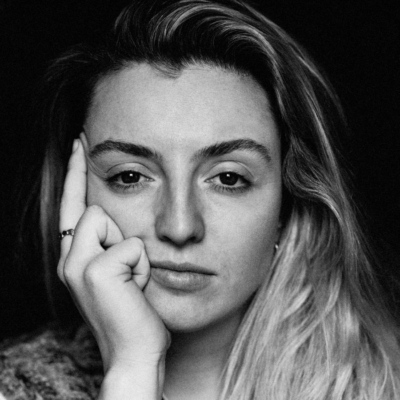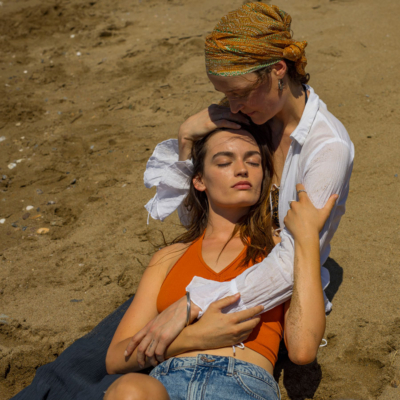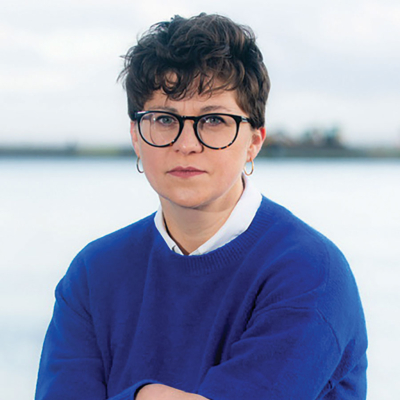Edel Coffey discusses the boundaries between fact and fiction with author Huma Qureshi …
As a memoirist, writing coach and former journalist, Huma Qureshi knows every inch of the border that demarcates fact and fiction. In her debut novel, Playing Games, she sets this issue at the heart of her story and asks, is it ever okay to take someone’s story and turn it into fiction?
Mira and Hana are sisters in their 30s who are still coming to terms with the effects of the death of their mother years before. Mira is a struggling playwright, working in a coffee shop and sharing a flat with an obnoxious flatmate. She is desperate to finish a play so she can enter a writing competition and kickstart her playwriting career.
Hana is the pragmatic older sister, a successful lawyer with a beautiful house and a husband. She is impatient to start a family but her husband Samir is not so sure. When Mira overhears an argument between Samir and Hana at their house one night, she starts writing a story which eventually becomes her entry for the playwriting competition.
Qureshi got the idea for the novel when, after publishing her collection of short stories, Things We Do Not Tell The People We Love, several writer friends assumed they were based on her own life.
“A lot of those stories are quite dark,” she laughs, “and explore secrets in intimate relationships.” One of those stories, about a girl who tries to poison her mother with berry jam, won the Harper’s Bazaar Short Story Prize in 2020. “It surprised me, the number of writers who asked me if that was based on life. My relationship with my mum is fine and my memoir (How We Met) does reveal my relationship between my mum and I. Yes there are difficult times but did I want to poison her with jam? Not necessarily,” she laughs. “Even further down the line, when I wrote a story about a married couple, a lovely Irish friend of mine asked, ‘is everything okay with you and Richard?’ I was like, ‘guys, this is just a dark side that I wanted to explore. I’m fine’.”
That line between what writers take from life and what ends up in fiction is becoming more and more contested and what writers are and are not allowed to write about in fiction has become a flashpoint.
“Yesterday I posted on Instagram about sisters. Because I said I don’t actually have sisters, someone said ‘you shouldn’t write about sisters if you don’t have them’. I don’t know if they were being ironic because they then deleted the comment but I think they were joking.”
Qureshi has also experienced expectations of what she should write about from readers who would like her to write only about her South Asian heritage in her fiction. “People with a similar cultural background or family origin to me will get cross that I have characters who drink and have boyfriends and mess up and it’s like, I’m not writing a good girl’s guide! That’s not a story! I just want to write a really good book about complicated feelings and emotion, it’s not a question of making a point on culture or religion. I’m not writing a moralistic novel, I’m writing a story about two sisters who hate each other but love each other. I wanted to write a book like any other literary fiction mainstream author would do and not be defined by the fact that I have a name that references a certain heritage.”
While the book really is emotions-led and focuses on the characters’ respective hopes and dreams, and romantic lives and friendships, the real heart of the book is the relationship between the two sisters Hana and Mira.
“I’m fascinated by intimate relationships and how they play out, how they pull out the worst and the best of us at times. I’m really fascinated by close women relationships – mothers, daughters, sisters and friends.”
Qureshi tracks the sisters’ different ways of dealing with the loss of their mother and how their grief informs their lives and relationship with each other. “It was interesting and curious to show how grief does evolve and it doesn’t necessarily lessen but it does evolve. I lost my father when I was 23 and I know there are children who lose their parents much younger but I felt like a child at 23. I didn’t know a single person my age who had lost a parent so it was very bewildering. I remember what it was like to not be in control of my feelings. They would spill out sometimes. You don’t know what to do with [your grief], you don’t know how to behave – no one has taught you what to do with all that feeling.”

‘Playing Games’ by Huma Qureshi is published by Sceptre.











